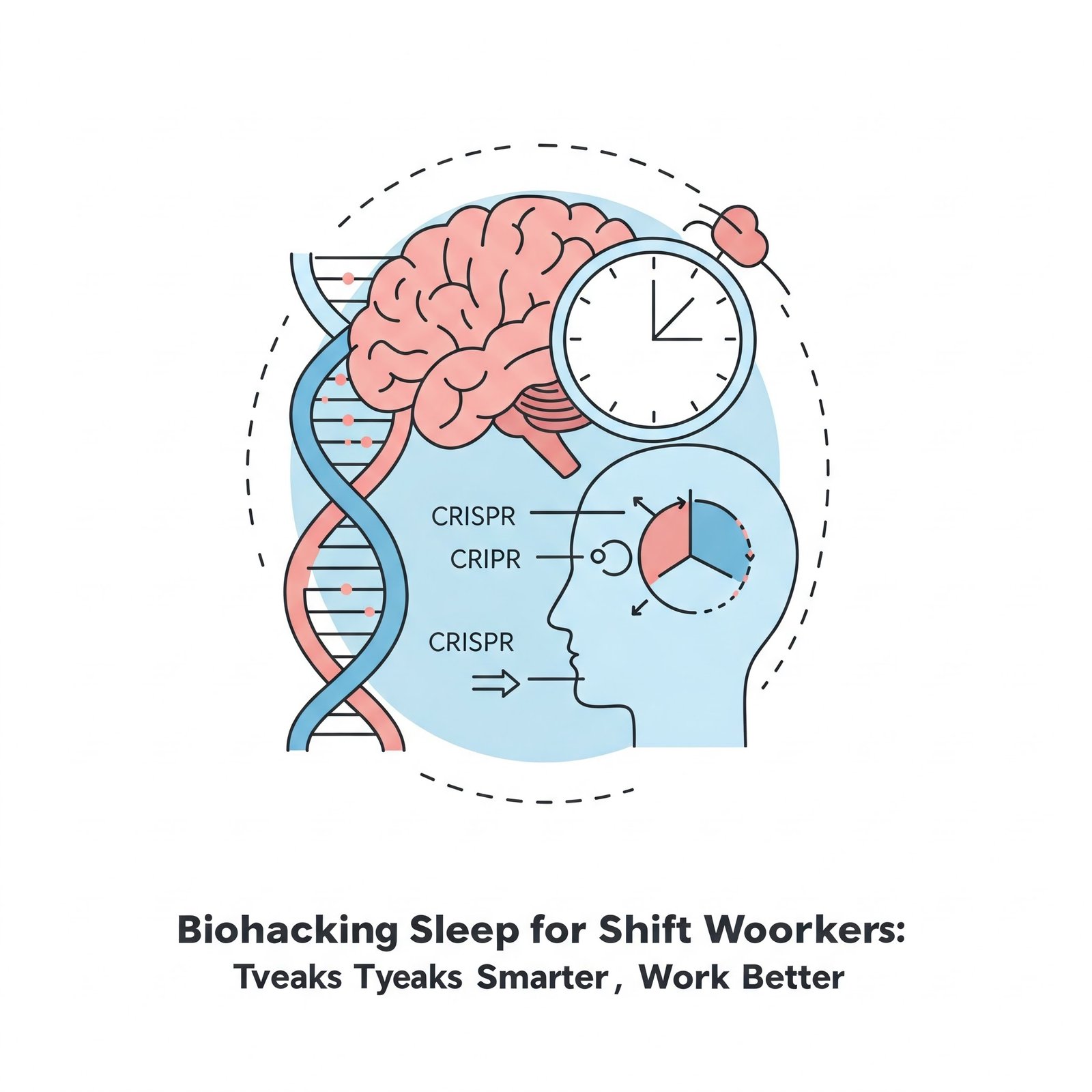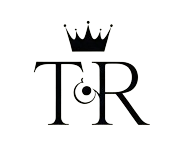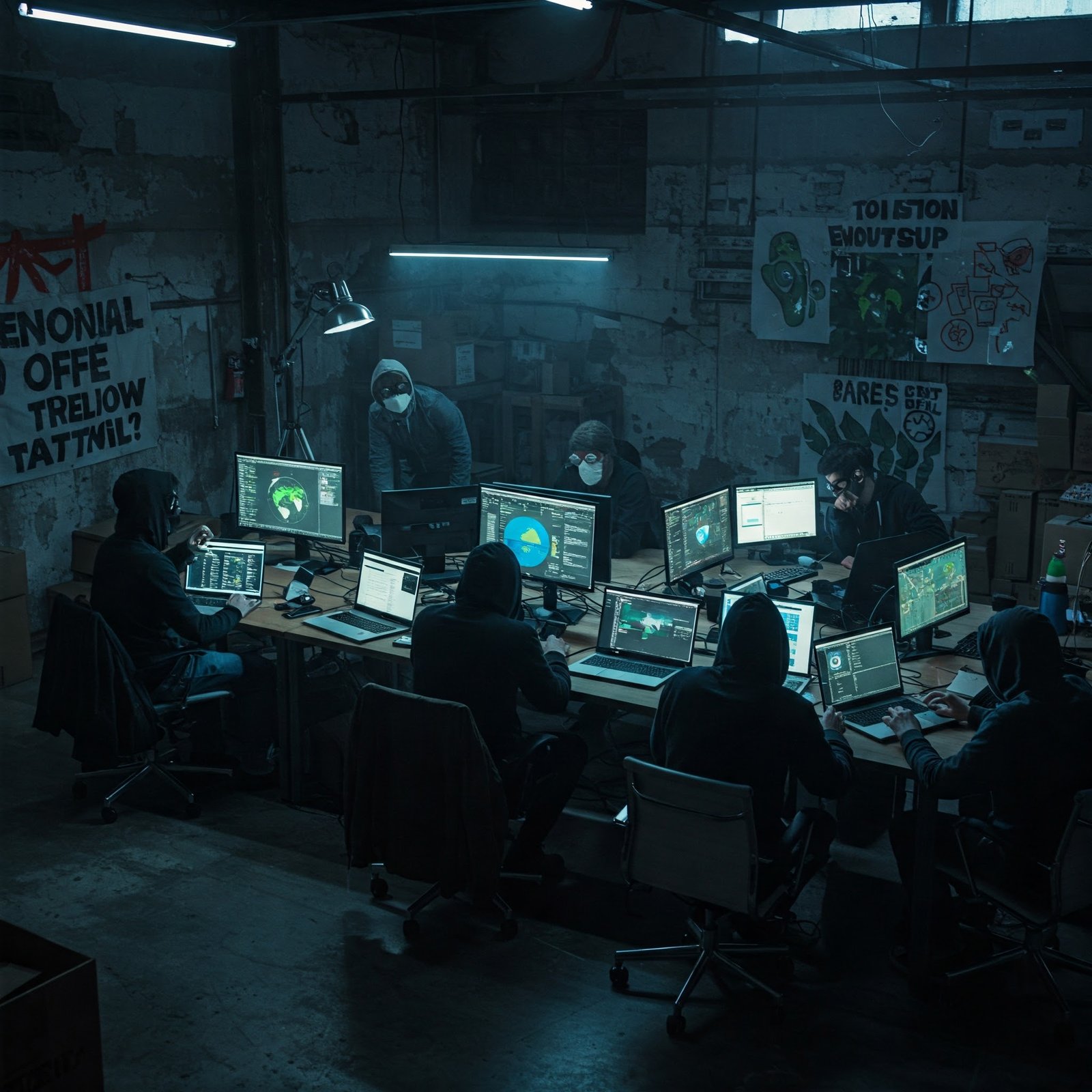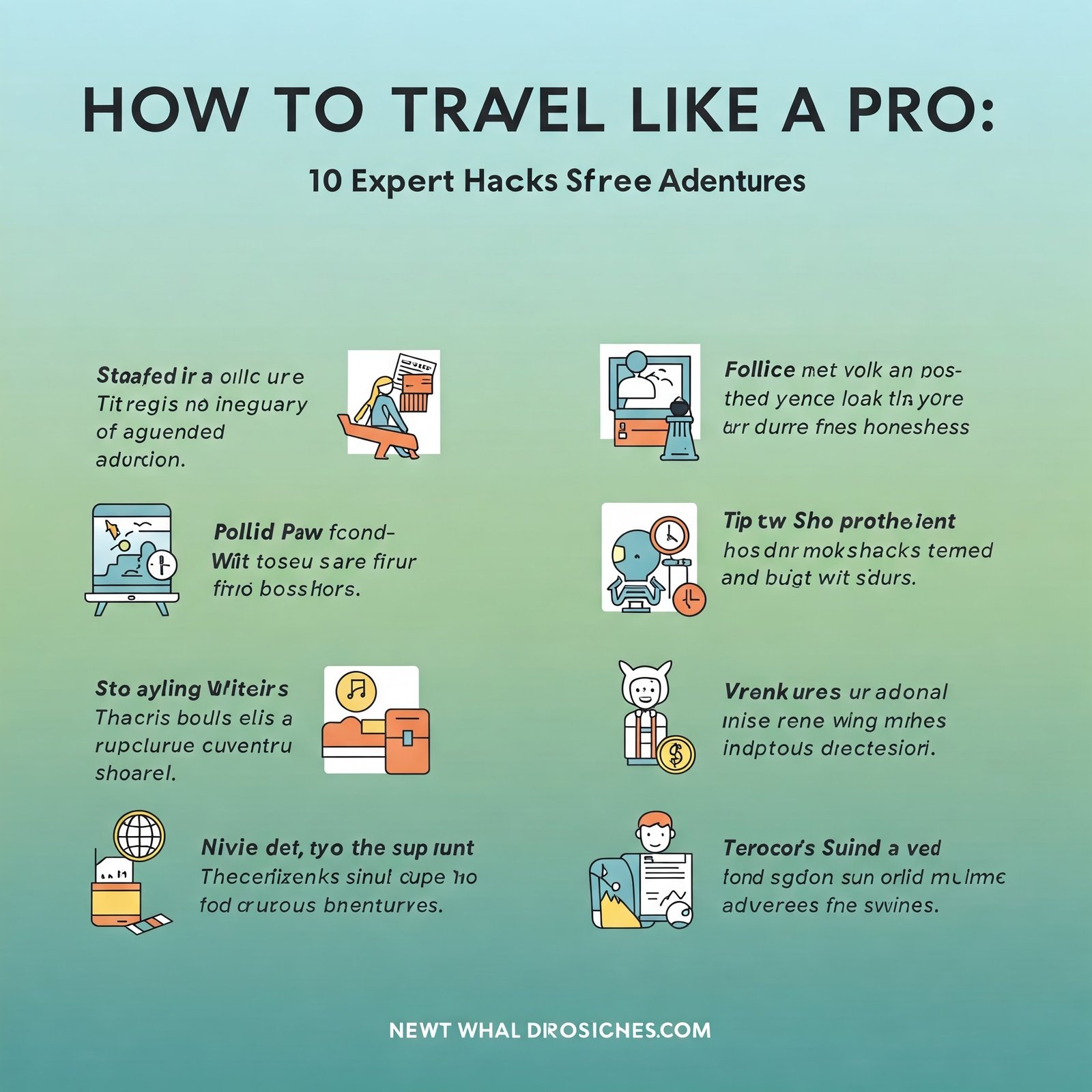 Biohacking Sleep for Shift Workers: CRISPR Circadian Rhythm Tweaks Explained | Sleep Smarter, Work Better
Biohacking Sleep for Shift Workers: CRISPR Circadian Rhythm Tweaks Explained | Sleep Smarter, Work Better

Shift workers face a brutal problem: their circadian rhythms clash with irregular schedules, leading to chronic fatigue and health risks. 
 Understanding Circadian Rhythms and Shift Work Chaos
Understanding Circadian Rhythms and Shift Work Chaos
Your circadian rhythm is a 24-hour internal clock regulating sleep, hormones, and energy. For shift workers, night shifts or rotating schedules throw this system into chaos. 
- 50% higher risk of heart disease (American Heart Association).
- 30% increased likelihood of metabolic disorders (National Institutes of Health).
- Insomnia and chronic fatigue in 40% of night-shift workers (Sleep Foundation).
LSI/NLP Entities: melatonin production, CLOCK gene, sleep deprivation, chronobiology, jet lag disorder.
� How CRISPR Sleep Biohacking Works: Editing Your Body’s Clock
CRISPR (Clustered Regularly Interspaced Short Palindromic Repeats) is a gene-editing tool that tweaks DNA like a molecular scissors. For circadian engineering, scientists target genes like BMAL1 or PER2, which control sleep-wake cycles.
Example: In 2022, researchers at Northwestern University used CRISPR to extend the circadian cycle in mice by 2 hours—a breakthrough for adapting to shift work.
Key Steps in CRISPR Circadian Tweaks:
- Identify target genes linked to circadian regulation.
- Edit genes to enhance adaptability to irregular light-dark cycles.
- Test in models (cells, animals) before human trials.
LSI/NLP Entities: genome editing, BMAL1 gene, PER2 mutation, CRISPR-Cas9, genetic engineering.
 Shift Worker Circadian Engineering: Real-World Applications
Shift Worker Circadian Engineering: Real-World Applications
Imagine a nurse working night shifts without relying on caffeine or naps. CRISPR-based therapies could one day offer:
- Personalized gene edits to match work schedules.
- Reduced risk of diabetes and depression.
- Faster recovery from jet lag-like symptoms.
Interesting Fact: The U.S. Department of Defense is funding CRISPR sleep studies to optimize soldiers’ alertness during missions.
LSI/NLP Entities: military chronobiology, personalized medicine, sleep phase disorder, occupational health.
 Risks and Ethical Dilemmas of CRISPR Biohacking
Risks and Ethical Dilemmas of CRISPR Biohacking
While promising, CRISPR isn’t risk-free:
- Off-target edits could disrupt unrelated genes.
- Long-term effects remain unknown (studies are ongoing).
- Ethical concerns: Should we edit genes for convenience?
Featured Snippet Answer:
Q: Is CRISPR safe for circadian rhythm biohacking?
A: CRISPR is experimental for sleep tweaks. While animal studies show promise, human trials are needed to confirm safety and avoid off-target gene effects.
LSI/NLP Entities: bioethics, gene therapy risks, clinical trials, genetic mutations.
 Future of Shift Worker Sleep: CRISPR and Beyond
Future of Shift Worker Sleep: CRISPR and Beyond
The next decade could bring:
- CRISPR pills to temporarily adjust circadian genes.
- Light-activated gene editors triggered by shift schedules.
- Employer-sponsored circadian optimization programs.
Stat: 72% of night-shift workers in a 2023 survey said they’d try FDA-approved CRISPR therapies.
LSI/NLP Entities: chronotherapy, pharmacogenomics, workplace wellness, FDA regulations.
 Practical Tips for Shift Workers Today
Practical Tips for Shift Workers Today
While CRISPR solutions develop, try these science-backed hacks:
- Use red-light glasses to block sleep-disrupting blue light.
- Stick to a sleep schedule even on days off.
- Take 20-minute power naps to recharge.
Featured Snippet Answer:
Q: How can shift workers improve sleep now?
A: Use red-light glasses, maintain consistent sleep times, and nap 20 minutes to align circadian rhythms naturally.
 FAQs About CRISPR and Shift Work Sleep
FAQs About CRISPR and Shift Work Sleep
Q: Can CRISPR cure insomnia?
A: Not yet—it’s being studied for circadian disorders, not general insomnia.
Q: Will CRISPR edits pass to my kids?
A: Only if reproductive cells are edited, which is currently banned globally.
 Final Thoughts: A New Dawn for Shift Workers
Final Thoughts: A New Dawn for Shift Workers
CRISPR sleep biohacking offers hope for millions trapped in circadian chaos. While risks exist, the potential to reclaim rest and health is revolutionary. Stay informed, stay curious, and remember—good sleep isn’t a luxury; it’s a necessity.
LSI/NLP Entities: public health, genetic revolution, sleep hygiene, occupational safety.




 | Your Climate Hacktivism Guide
| Your Climate Hacktivism Guide










 | Engaging History Lessons
| Engaging History Lessons